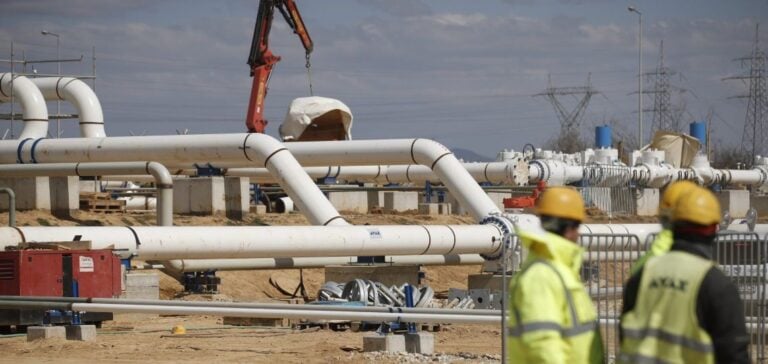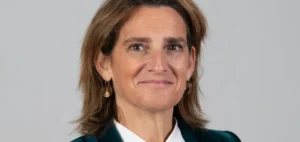Recent discussions between Vladimir Malinov, Bulgaria’s Minister of Energy, and Péter Szijjártó, Hungary’s Minister of Foreign Affairs and Trade, mark a significant step in Europe’s energy strategy. The talks highlighted projects aimed at improving energy connectivity and diversifying supply sources.
Two green corridors to link the Caspian to Europe
Among the initiatives discussed, the creation of two green corridors through Bulgaria is a key priority. These routes will transport energy produced in the Caspian region to Central Europe. A feasibility study, including innovative solutions to strengthen infrastructure security and sustainability, was announced.
Hungary’s support for Bulgaria’s integration into the intergovernmental agreement on green corridors underscores the strategic importance of this partnership. This collaboration aims to reduce Europe’s energy dependency and facilitate the integration of renewable energy into the grid.
Gas diversification as a strategic lever
Bulgaria also reaffirmed its central role in the Vertical Gas Corridor project, which links Southern Europe to Central and Eastern Europe. This project aims to diversify gas supplies to secure energy needs for member countries. Malinov emphasized that the state operator Bulgartransgaz was fulfilling its contractual obligations despite challenges posed by international sanctions.
A potential collaboration involving Hungary was discussed to ensure the continuity of gas transportation services, addressing difficulties related to international payments.
Nuclear energy as a pillar of affordable electricity
Beyond connectivity and diversification projects, the ministers addressed the role of nuclear energy. Both Bulgaria and Hungary, committed to maintaining and expanding their nuclear capacities, view these infrastructures as essential for stable and competitive electricity production.
The discussions highlighted Hungary’s progress in building new nuclear facilities and Bulgaria’s plans to develop two new units at the Kozloduy Nuclear Power Plant. These initiatives reflect a shared commitment to increasing energy independence and ensuring economic stability for the region.





















